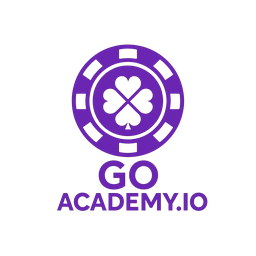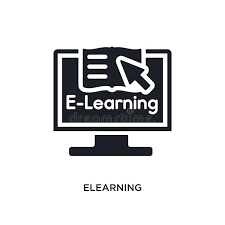CRM & Gamification Masterclass
3 days x 3 hours per day

About the Masterclass
This intensive masterclass (3 days × 3 hours) equips participants with the practical knowledge and tools required to build high-performing CRM strategies. Attendees will learn how to optimize player engagement, retention, and satisfaction - ultimately driving sustainable growth and long-term profitability in today’s highly competitive iGaming market.
Many operators lose significant revenue by failing to manage the player lifecycle holistically. Without a single, unified view of the player - from acquisition through retention and reactivation - critical opportunities are missed. This training addresses common gaps, including the underestimation of player engagement as a foundation for retention and the failure to recognize product UX as a critical touchpoint throughout the player journey.
By the end of the session, participants will be able to design and execute CRM strategies that align engagement, UX, and lifecycle management into one cohesive, revenue-driving approach.
Course Content
Module 1: Introduction to CRM in OnlineGaming and Betting
Module 2: Bonus Strategy
Module 3: Omnichannel Communications
Module 4: Promotions and Campaign Management
Module 5: Campaign Analysis and KPI Management
Module 6: Practical Workshops and Case Studies
Module 7: Final Project and Assessment
Final Project:
Develop a comprehensive CRM strategy for a hypotheticalonline gaming or betting company:
Incorporating elements from all modules.
What Is Included?
- Onboarding welcome pack containing: A pre-course questionnaire (to understand your expectations), The latest course syllabus, Joining instructions and The pre-course material
- Full comprehensive live and interactive course
- Opportunity to network and interact with your peers
- Question and answers opportunity after each module
- Course materials
- Certificate of Course Completion
- Post course feedback
- Free post course private 20 minute 1-on-1 follow up session with the coach
- CPD Accreditation Certificate


